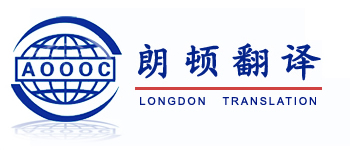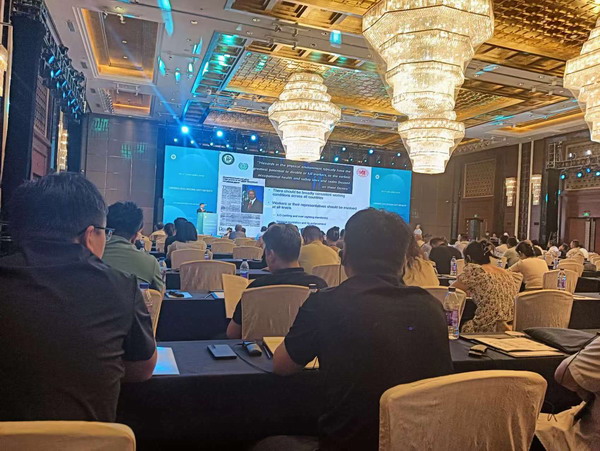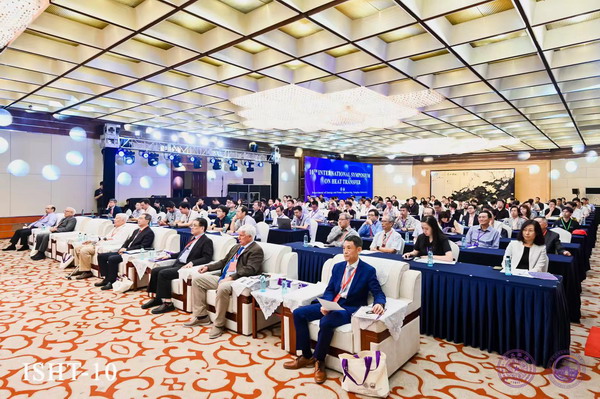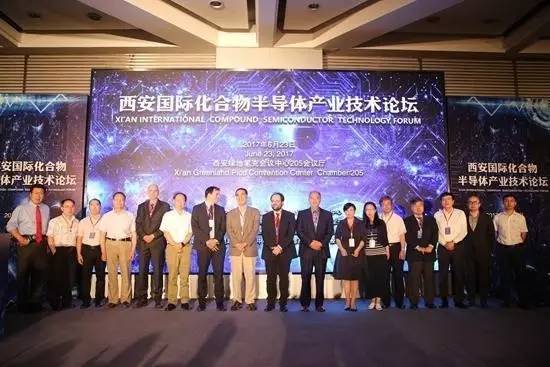In the competitive Chinese market, Western companies are losing the war for talent.
現(xiàn)如今,在競爭激烈的中國市場,西方企業(yè)正在人才爭奪戰(zhàn)中節(jié)節(jié)敗退。
According to a 2017 report by Bain & Co and LinkedIn China, about a third of executives in Chinese companies moved from multinationals in the past five years. Only 10% of leaders of multinationals moved from local companies over the same period.
貝恩公司和領(lǐng)英中國2017年發(fā)布的報告顯示,過去5年中,中國約1/3的企業(yè)高管來自跨國公司,而跨國公司領(lǐng)導(dǎo)層中僅有10%的人來自中國本土企業(yè)。
In 2012, Apple topped the list of the most attractive employers in China, according to global executive search firm Heidrick & Struggles. But by 2017, Chinese companies had taken the top position in five out of six business sectors.
全球高管獵頭公司海德思哲稱,2012年,蘋果冠居中國最具吸引力雇主,但到了2017年,中國企業(yè)已在6個商業(yè)行業(yè)中的5個獨占鰲頭。

There are multiple reasons for the shift. Given the rise of Chinese tech companies like Baidu, Alibaba and Tencent, Chinese executives fear missing out on one of the world's mostcompelling growth stories as domestic companies become global players.
多重原因造就了這一轉(zhuǎn)變:鑒于百度、阿里巴巴、騰訊等中國科技企業(yè)的崛起,大型跨國集團(tuán)的中國高管擔(dān)心會錯過這些令全球矚目的增長故事。
These executives can expect to move up the corporate ladder faster than if they remained atestablished multinationals.
這些高管還期望在中企能比繼續(xù)留在那些老牌的跨國公司更快地得到晉升。
There is a cultural dimension too: working in China for a Chinese company means not havingto explain the Chinese market to Western business leaders in order to get ahead.
另外文化方面的因素影響也比較大,在中國公司工作,意味著不必向外國老板解釋中國市場來獲得成功。
To change this condition, Western companies must change the way they do business, startingwith developing a culture of agility and innovation in their Chinese operations.
要改變這種狀況,西方企業(yè)必須改變它們的運營模式,從發(fā)展中國業(yè)務(wù)的靈活性和文化創(chuàng)新開始。
Multinationals need to be less rigid and controlling from headquarters to allow local Chinesetalent to experiment.
跨國公司需要不那么死板,允許中國本土人才進(jìn)行試驗,以應(yīng)對中國市場的迅捷變化。




